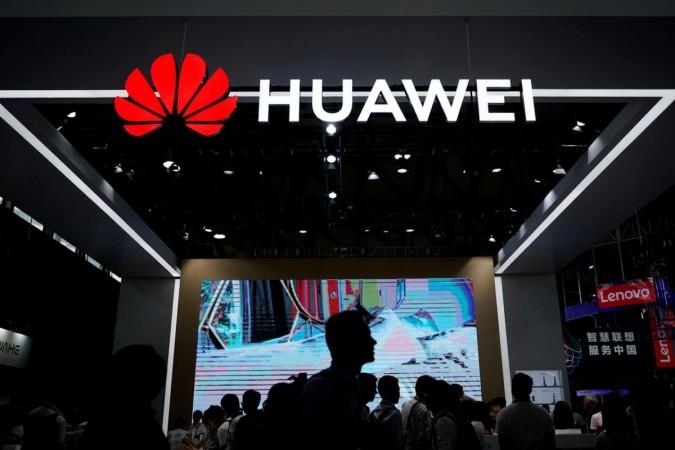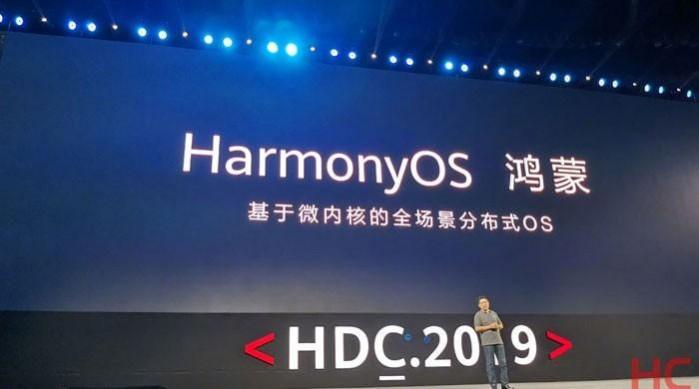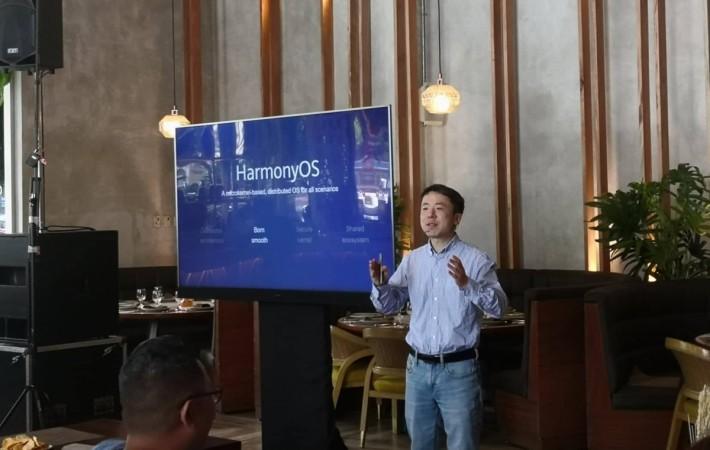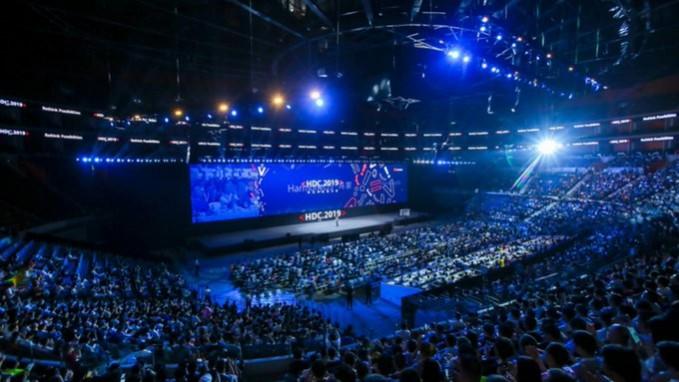
Huawei, the Chinese smartphone manufacturing brand, has been witnessing a dramatic halt after the US government put a ban on US companies collaborating with the Chinese firms. This has led to a drastic setback for Huawei's smartphone users who are denied the updates for their Android operating system.
Curbing its way to find a solution and cutting down the dependency on foreign operating systems, Huawei had announced an independent operating system, Harmony OS on August 9. The company claims that the new OS is self-sufficient and can work at par with Android in all the smart devices produced by Huawei.
The launch event of the OS presented some mind-boggling benchmarks that proved that Harmony OS provided its user with better performance and security than the Android and Google's latest in-development Android operating system, Fuchsia OS. The announcement came as a relief for the Huawei users who were worried about their purchases and the credibility of their devices.

However, Richard Yu, CEO of Huawei, claimed that pushing the OS globally against the widely accepted Android has some setbacks. He further added that, if circumstances remain unfavourable then the company will roll out its independent OS to the global market, going head-to-head against Android.
Though everything seems viable in terms of an estimated contextualisation, here are a few reasons stated by The Conversation that show why Harmony OS might not produce the expected results.
Competition against Play Store
With a rise in storage space and the boost in internet usage, smartphone users dependent mostly on applications for their day-to-day usage. An average user has a massive app count on its app board to fulfil all the requirements available online through the apps. The dependency of the users on the apps has resulted in luring the app developers to target the operating system with a large user base.
Even if Huawei pushes all its users from the Android services to its new operating system, it will face a tough time to compete against Google's App Store which integrates more than 2 million applications. Even if not theoretically, but Huawei will need massive alteration and finances to collaborate with the app developers to port their apps to the new operating system.

Richard Yu's claims of providing the customers with a similar app-drawer within two days might not be viable to compete against the massive app store and keep it updated within the short time span. It would take more than a theoretical claim to prove the credibility of porting everything to the new operating frame.
Transferring data
The global internet boom has made the lives of people easier by making them dependent on the system to curate and organise their passwords, cloud drives, online banking links, photos, emails, and linked-logins. An email has become the vault to dump in all the precious details that run a user's day-to-day requirements.
Though cloning seems to be a trendy option, it works on the same operating system. So shifting all the data from one OS to the other is a tedious process and with no clue about the new operating system and the transfer apps allowed, it might enhance the problems in the data recovery process.
As per the security and technical norms of Google and the tech ban on Huawei, it would not allow a seamless data porting to the users from HarmonyOS. It will also hold a barrier against the click-and-link login process by obtaining the credentials from the new operating system. This might create a hindrance for the user who would lose long sustained data.

Android is not the only problem
Huawei's struggle in the trade ban is not only against Google but against all US companies that include Facebook, Amazon, Uber, Paypal and of course eBay. These being the US companies cannot be simply ported to Harmony OS by paying the app developers a huge sum of money. There is a struggle that Huawei has to go through to gain special licenses to port them to their new operating system.
Considering the rising trade tensions, Huawei might not find a loophole to gain the rights which is again a problematic situation for the company. Thus, one of the biggest smartphone manufacturers will be selling its expensive devices with an independent operating system that does not integrate the most used apps by its users.
The problem beyond
Thus, Huawei amidst the trade ban has been trying to build its own technology against the barriers of privacy and data protection. Though it seems to be an act of creating its own benchmark to cut down its dependency on the biggest tech firms in the world, it is affecting its own telecoms equipment business globally.
Building a new mobile operating system and handing over the declining market share of Apple to Huawei as retaliation against Apple are not the only means of solving the tensions. The current trend of exposure will put massive pressure on Huawei's exports outside China.
The present scenario is only boosting the tensions between the two superpowers. Huawei is significantly retaliating against the US's dominance in the technology sector. Tech advancement and dominancy being the only USP of the US, it will not surrender to the Chinese without giving them a hard blow. Thus, Huawei has to consider all possible situations that might kill the impact of the long-planned advancement for its mobile industry.














